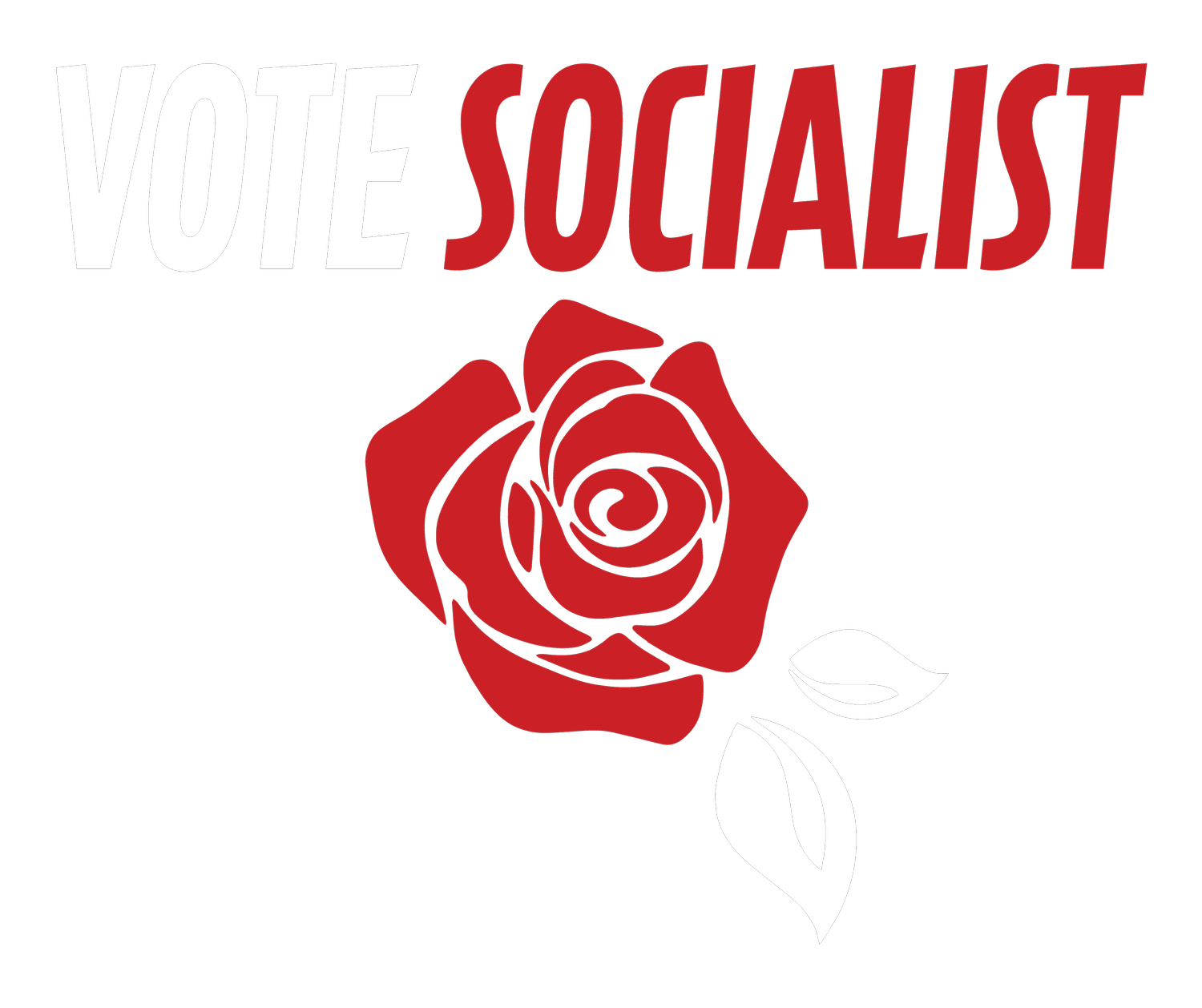Arts, Music, and Culture
A city of joy and learning
Policy Goal
We will develop a critique of the city’s existing cultural policy, including its most important documents - Culture|Shift PDF file (12 MB), Making Space for Arts and Culture PDF file (11 MB) and Vancouver Music Strategy (appendix E) PDF file (74 MB). We will develop a plan that incorporates the three bodies that have an interest in culture and the arts - the Cultural Services Branch of the city, the Park Board, and the School Board. This plan will rely on the diversity of venues where the city’s people can experience art and culture. There are eight Neighbourhood Houses, 24 Community Centres, and dozens of schools administered by the city, Park Board, and School Board. They contain a multitude of performance and creation spaces and are spread across the city within easy access of the vast majority of the city’s residents. There is no plan at present that offers a coherent overview of these venues and their audiences and coordinates the artistic and cultural activities of the three elected bodies that make up Vancouver’s government.
What does a VOTE Socialist cultural policy look like? At its heart, it sees arts and culture as a basic human right and not as a commercial opportunity. At the same time, it sees cultural workers as workers with specific needs that are the responsibility of the city. It envisions a diversity of cultural activities across the city that are accessible to all. It offers Vancouver’s residents the possibility of both participating in the creation of art and culture and the opportunity to attend performances by a wide array of arts and culture practitioners. Both participation and attendance should not be conditional on economic means. Experiencing arts and culture should be a basic right like clean air and water.
Over the pre-electoral period, and after, VOTE Socialist will consult with its members, artists, and cultural activists to develop a Socialist arts and culture policy for Vancouver. Possible discussion topics include a Vancouver Arts Council and the funding of individual artists, in addition to nonprofit organizations, which is not presently possible under the city Charter.
Pathways to Change
Prioritize the development of a strategy for Indigenous and non-Indigenous artists to undertake collaborative projects and produce works that contribute to the reconciliation process;
Revise any of the Vancouver heritage policies, criteria, and practices to integrate Indigenous history, heritage values, and cultural practices;
Install a publicly accessible, highly visible residential schools’ monument in the Downtown East Side to honour Indigenous survivors and all the children who were lost to their families and communities;
Foster a vibrant, diverse, and inclusive arts and culture community by supporting artists, musicians, writers, theatre and dance groups, and multimedia creators with affordable, inclusive, stable, and accessible spaces to live, work, perform and exhibit their work;
Keep artists in the city by enhancing the availability of affordable live-work spaces;
Create facilities to support developing, emerging, and grassroots creators, while improving opportunities to exhibit and perform in their communities;
Support funding community-led arts projects, applying an equity lens, to ensure that the beneficiaries of any city-funded arts programming reflect the diversity of the city itself;
Establish new programs to support disabled artists by enhancing exhibitions of their work;
End bidding on events associated with supranational, corrupt, and unaccountable bodies such as FIFA and the Olympic Games, owing to the displacement and negative impacts on Indigenous people and unhoused people, and the enormous capital and operating costs for major sports facilities and security, instead focusing on local, non-corporatized, inclusive sporting and cultural events;
Expand the Poet Laureate position to include the disciplines of dance, music, new media, theatre, comedy, Indigenous cultural practices, and the visual arts.
Expand busking programs for musicians, poets, and other artists onto buses; and provide secure, fast, free-wi-fi on buses, possibly to be provided through upgrades to public city wi-fi.
Establish free entry for all to city-owned arts and cultural events, including museums, galleries, and theatres, funded by a tax or surcharge on hotels and lodging in the city.
Rename Dunsmuir St. to Ginger Goodwin Way and Cambie Street to Helena Gutteridge Way.
Resources
Note: The resources on each of our policy pages are a starting point for learning about various issues and organizations doing work in these areas. This is not a comprehensive list and VOTE Socialist is not affiliated with the organizations listed here. We hope that these resources will help you reflect on and consider community engagement with the pathways to change suggested. We organize and lead with courage not fear, with transformative vision not limits. Vote on October 15!
Learn more about the City’s Music Strategy: https://council.vancouver.ca/20190910/documents/ACCS-RTS13175-AppendixE-VancouverMusicStrategy.PDF
Learn more about how the City plans to animate Vanouver’s art and culture experiences: https://vancouver.ca/files/cov/vancouver-culture-shift.pdf https://vancouver.ca/files/cov/making-space-for-arts-and-culture.pdf
Learn more about how mining companies are funding the arts in Vancouver:
